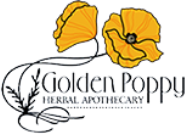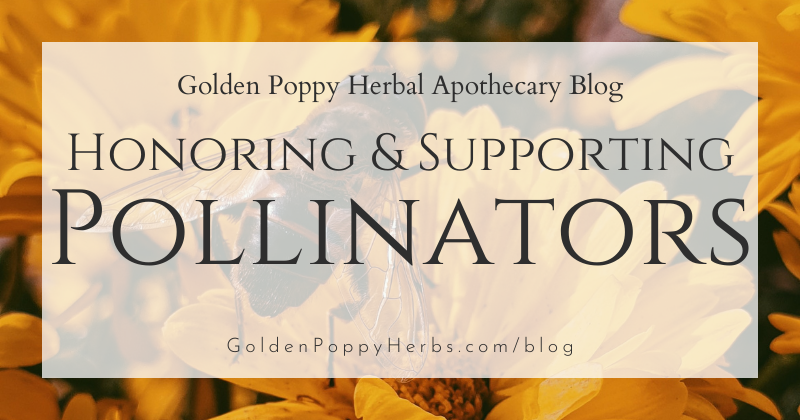 Our existence is integrated into the dance of multitudes of interworking relationships - our very being is but a piece of a complex, tightly woven, interconnected, and dynamic system. Nature embodies the sweet alchemy of an intricate network of relationships - all that is living and non-living is connected, nothing is separate. Nature in and of itself is holistic, and all that which exists impacts one other. One action creates a ripple effect, no matter how large or small. And sometimes the greatest teachers of this sacred alchemy, and this sacred symbiosis, are those that are often perceived as the most insignificant. It is often those who seem to be so small, and seem to have the lightest touch on the earth, that prove to be of utmost importance. Those that even if we did not notice them would continue to work hard, playing out their role in the vast ecosystem, completing their tasks whether we extend gratitude for them or not. Creatures that fit this description are the bees, they are beings that truly embrace and exhibit the spirit of alchemy in all that they do; the tenders of regeneration and those that ignite higher vibrations of our world. Join us in this month of midsummer, and in this month in which we welcome the coming of the season of the Sun as we celebrate the bees and the pollinators.
Our existence is integrated into the dance of multitudes of interworking relationships - our very being is but a piece of a complex, tightly woven, interconnected, and dynamic system. Nature embodies the sweet alchemy of an intricate network of relationships - all that is living and non-living is connected, nothing is separate. Nature in and of itself is holistic, and all that which exists impacts one other. One action creates a ripple effect, no matter how large or small. And sometimes the greatest teachers of this sacred alchemy, and this sacred symbiosis, are those that are often perceived as the most insignificant. It is often those who seem to be so small, and seem to have the lightest touch on the earth, that prove to be of utmost importance. Those that even if we did not notice them would continue to work hard, playing out their role in the vast ecosystem, completing their tasks whether we extend gratitude for them or not. Creatures that fit this description are the bees, they are beings that truly embrace and exhibit the spirit of alchemy in all that they do; the tenders of regeneration and those that ignite higher vibrations of our world. Join us in this month of midsummer, and in this month in which we welcome the coming of the season of the Sun as we celebrate the bees and the pollinators.
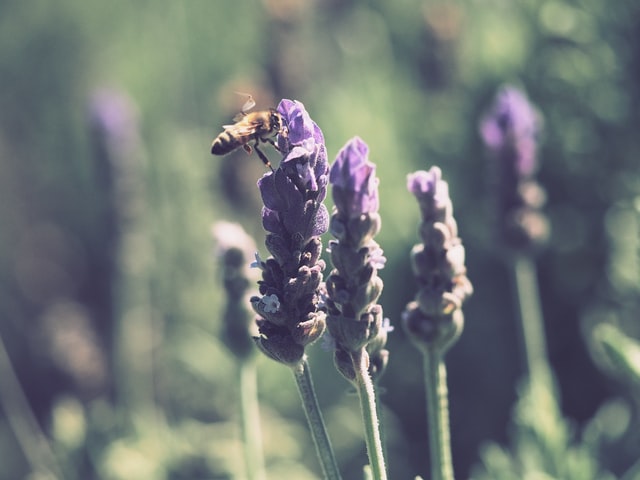 Photo by Jess Bailey on Unsplash[/caption]
Photo by Jess Bailey on Unsplash[/caption]
How Important are Pollinators?
Let’s put it this way - without pollinators, our entire food system would simply crumble. We owe so much to the work of pollinators, as this process must occur for many of the crops we depend upon to produce. For example, as pointed out by the USDA Natural Resources Conservation Service, crops such as blueberries and cherries are 90% dependent on honey bee pollination. The US Forest Service further points out that more than 150 food crops, which include almost all fruit and grain crops in the US, depend on pollinators. The requirement for pollination for plants to continue to thrive also does not end with food sources. Essentially if a plant produces seeds, it needs to be pollinated, and this also includes pine trees that produce cones.
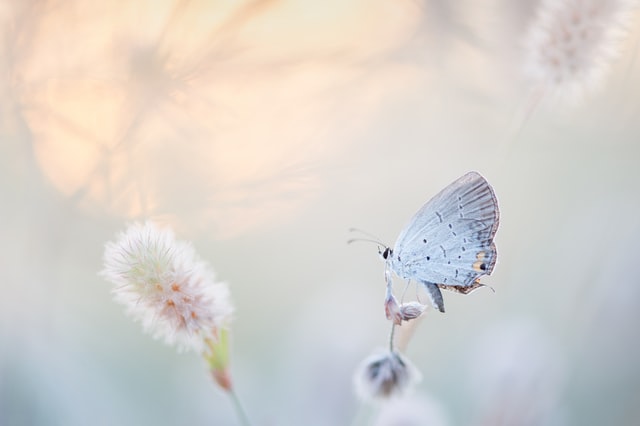 Photo by Ray Hennessy on Unsplash[/caption] The US Forest Service also credits pollinators with additional benefits beyond plant life and food production. Pollination also contributes to clean air as the reproduction of wild plants is vital for carbon cycling and sequestration. Additionally, flowering plants are vital to the health of our water and soil - plant roots assist with the minimization of erosion, and plants are also key players in the water cycle on our planet. If pollination does not occur, most plants are unable to regenerate, which would cause a significant decline in these critical processes. To state it simply, to lose pollinators, in particular bees (which are rapidly declining in population), would result in catastrophic consequences to our ecosystem. Not only do we depend on them for 70% of our global agricultural production, but consequences could go so far as the extinction of dependent organisms.
Photo by Ray Hennessy on Unsplash[/caption] The US Forest Service also credits pollinators with additional benefits beyond plant life and food production. Pollination also contributes to clean air as the reproduction of wild plants is vital for carbon cycling and sequestration. Additionally, flowering plants are vital to the health of our water and soil - plant roots assist with the minimization of erosion, and plants are also key players in the water cycle on our planet. If pollination does not occur, most plants are unable to regenerate, which would cause a significant decline in these critical processes. To state it simply, to lose pollinators, in particular bees (which are rapidly declining in population), would result in catastrophic consequences to our ecosystem. Not only do we depend on them for 70% of our global agricultural production, but consequences could go so far as the extinction of dependent organisms.
Honoring Sacred Alchemy
Another thing that we owe much gratitude to bees for in addition to pollination is the beautiful medicine they produce - honey. Honey is revered by herbalists, as it is a gift in so many ways. It can be used to sweeten bitter tinctures or teas. It is soothing to our mucus membranes when they are inflamed and sore. It hydrates and softens our dried and irritated skin. It is the delicious basis of spring syrups and brings a sweetness to nourishing tonics, infused vinegar, and shrubs. It even has the incredible ability to build our defenses against allergens (particularly if you seek out local, raw honey!) However, honey is something that must be honored, as it does not come easily and is incredibly precious. The Natural Resources Conservation Service reminds us of this with staggering statistics such as the fact that honey bees often visit around 5 million flowers just to produce one pint of honey, or the fact that the production of 150 pounds of honey requires bees to travel the distance equivalent of traveling to the moon and back thirteen times.
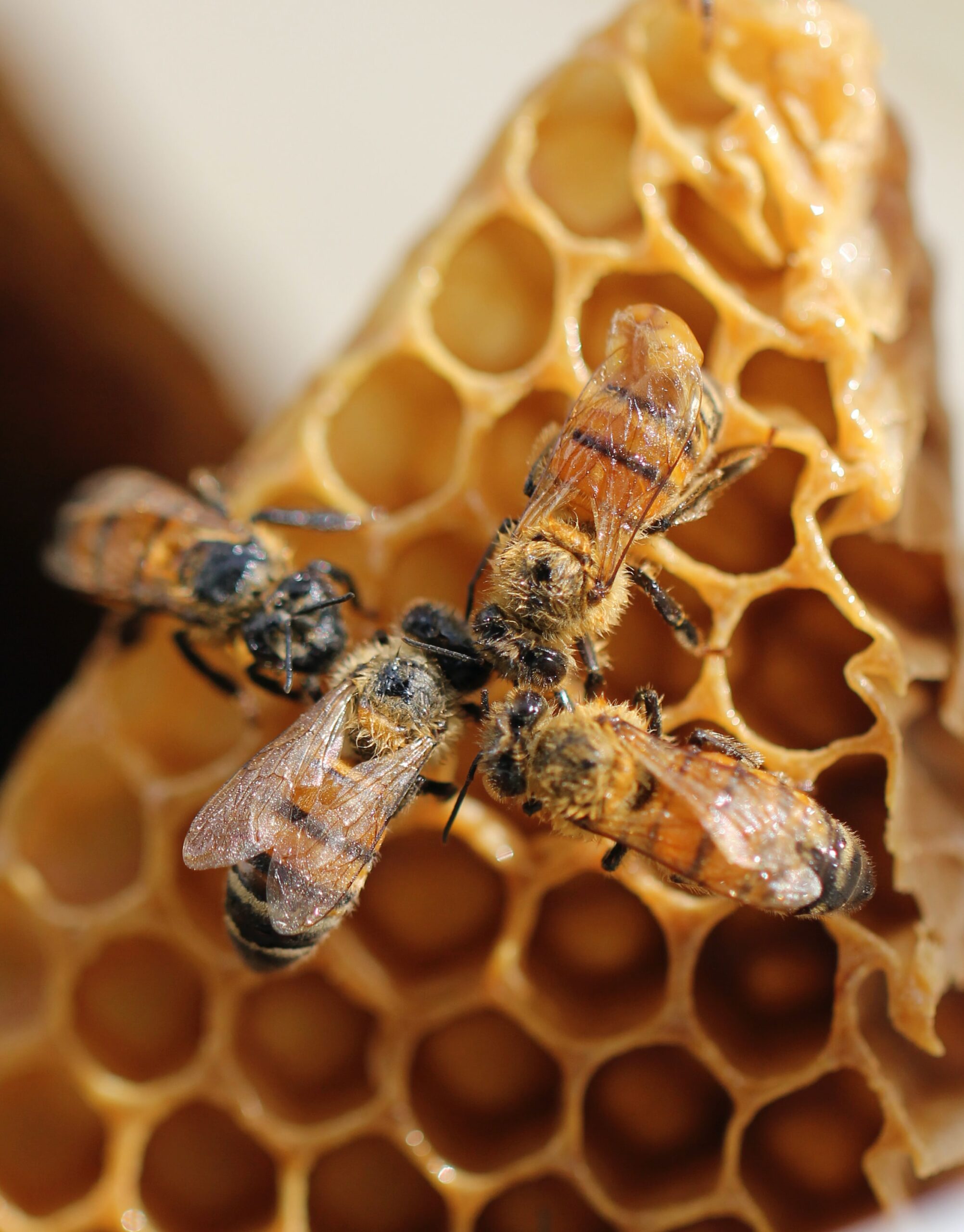 Photo by Shelby Cohron on Unsplash[/caption] It is difficult to imagine a harder worker than the humble bee, a creature so small, yet so vital, and that gives so much of itself. We can celebrate the spirit of the bee, holding space in reverence for its incredible labor when we utilize honey. Always express deep gratitude for the medicine, and for what it can do to assist in our healing. Perhaps create a sacred space when working with honey, blessing the materials you are creating alchemy with. Above all else, take care to tend to the honey you purchase - storing it where it will not be susceptible to mold or anything else that could result in waste. And of course, if it is available to you, we recommend seeking honey that is local, and supporting the beekeepers in your community (who are important in protecting and preserving bee populations!). When we honor the medicine, we honor the bees themselves. All of the honey we use for our Herbal Infused Honey comes from local beekeepers who love and care for their bees with intense fondness.
Photo by Shelby Cohron on Unsplash[/caption] It is difficult to imagine a harder worker than the humble bee, a creature so small, yet so vital, and that gives so much of itself. We can celebrate the spirit of the bee, holding space in reverence for its incredible labor when we utilize honey. Always express deep gratitude for the medicine, and for what it can do to assist in our healing. Perhaps create a sacred space when working with honey, blessing the materials you are creating alchemy with. Above all else, take care to tend to the honey you purchase - storing it where it will not be susceptible to mold or anything else that could result in waste. And of course, if it is available to you, we recommend seeking honey that is local, and supporting the beekeepers in your community (who are important in protecting and preserving bee populations!). When we honor the medicine, we honor the bees themselves. All of the honey we use for our Herbal Infused Honey comes from local beekeepers who love and care for their bees with intense fondness.
Additional Support for Pollinators
While it may be disheartening to learn that such factors as the use of chemical pesticides and increased global temperatures are resulting in declines in bee populations, there is much we can do to support our pollinators! We hold the opportunity to return the favor and live in reciprocity with these tiny beings. Here are a few suggestions inspired by The Bee Conservancy:- Create a Pollinator-Friendly Garden. Loss of available habitat is a contributing factor to the decline in pollinator populations. One way you can support pollinators is to create a garden that can serve as a sanctuary! This can be done by adding plants rich in pollen and nectar to your garden. It is also helpful to plant in clumps, as they will make the plants more visible and attractive to pollinators. It is also helpful to use plants that flower at various times during the growing season, making blooms available throughout the duration of the life of your garden to pollinators. Limited on space? Window boxes or container plants are still an incredible way to support pollinators.
- Avoid Chemical Pesticides. Chemical pesticides are devastating to pollinator populations. Opt for solutions that are organic or natural to help minimize pests, or even consider using beneficial insects like ladybugs or praying mantises as an alternative!
- Create a Hydration Source. Pollinators, like all living things, require water. Consider placing a “bee bath” in your garden, or near your potted plants. This can be a shallow dish with pebbles that rise above the water’s surface - this will allow small creatures like bees to be able to land safely to drink without risk of drowning.
- Embrace a “Messy Garden.” At the end of the growing season, it is tempting to cut back the dead stalks of plants prior to winter. However, these often serve as vital habitat and safe homes for many pollinators, including solitary bee species. Consider keeping these stalks in place throughout the winter and into the early spring until it is absolutely necessary to remove them for planting new garden crops.
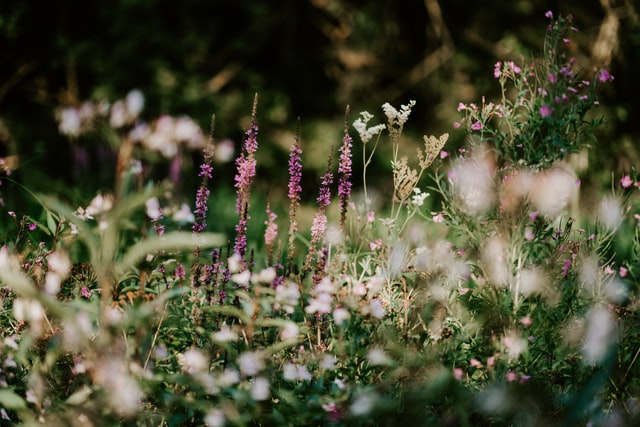 Photo by Annie Spratt on Unsplash[/caption] It is through collective effort that we can reinstate a reciprocal relationship with our natural world. The first step is often in realizing that what has long been considered insignificant is often vital. This is true from the mycelium networks beneath our feet to the grubbies that contribute to the decomposition of organic material that create rich soil to our pollinators and beyond. We invite you to ponder - how might you make the insignificant sacred? Thank you for reading!
Photo by Annie Spratt on Unsplash[/caption] It is through collective effort that we can reinstate a reciprocal relationship with our natural world. The first step is often in realizing that what has long been considered insignificant is often vital. This is true from the mycelium networks beneath our feet to the grubbies that contribute to the decomposition of organic material that create rich soil to our pollinators and beyond. We invite you to ponder - how might you make the insignificant sacred? Thank you for reading!
Sources:
- Bee Conservancy, The. “10 Ways to Save the Bees.” The Bee Conservancy. 2022. Retrieved from: https://thebeeconservancy.org/10-ways-to-save-the-bees/?gclid=Cj0KCQjwhLKUBhDiARIsAMaTLnFMPT_6tVOj3Shv0BOwt-qk8GoOuZT2cBiRJ9w33x5Q4xoaSwnvw3UaAtYPEALw_wcB
- Natural Resources Conservation Service Pennsylvania. “The Importance of Pollinators.” US Department of Agriculture. 24 May 2021. Retrieved from: https://www.nrcs.usda.gov/wps/portal/nrcs/detail/pa/plantsanimals/?cid=nrcs142p2_018171
- Petruzzello, Melissa. “What Would Happen if All the Bees Died?” Encyclopedia Britannica. 2022. Retrieved from: https://www.britannica.com/story/what-would-happen-if-all-the-bees-died
- Steffen, Luana. “Bees Declared the Most Important Species on Earth.” Intelligent Living. 19 January 2020. Retrieved from: https://www.intelligentliving.co/bees-declared-most-important-species-on-earth/#:~:text=In%20the%20most%20recent%20meeting,living%20species%20on%20this%20planet.
- United States Forest Service. “Why is Pollination Important?” US Department of Agriculture. 2022. Retrieved from: https://www.fs.fed.us/wildflowers/pollinators/importance.shtml
